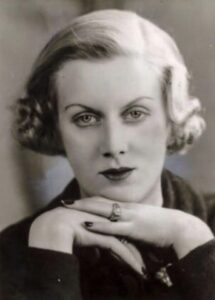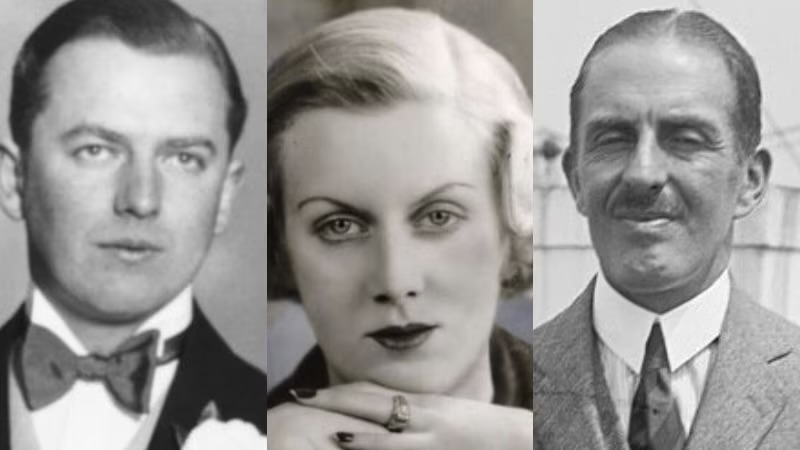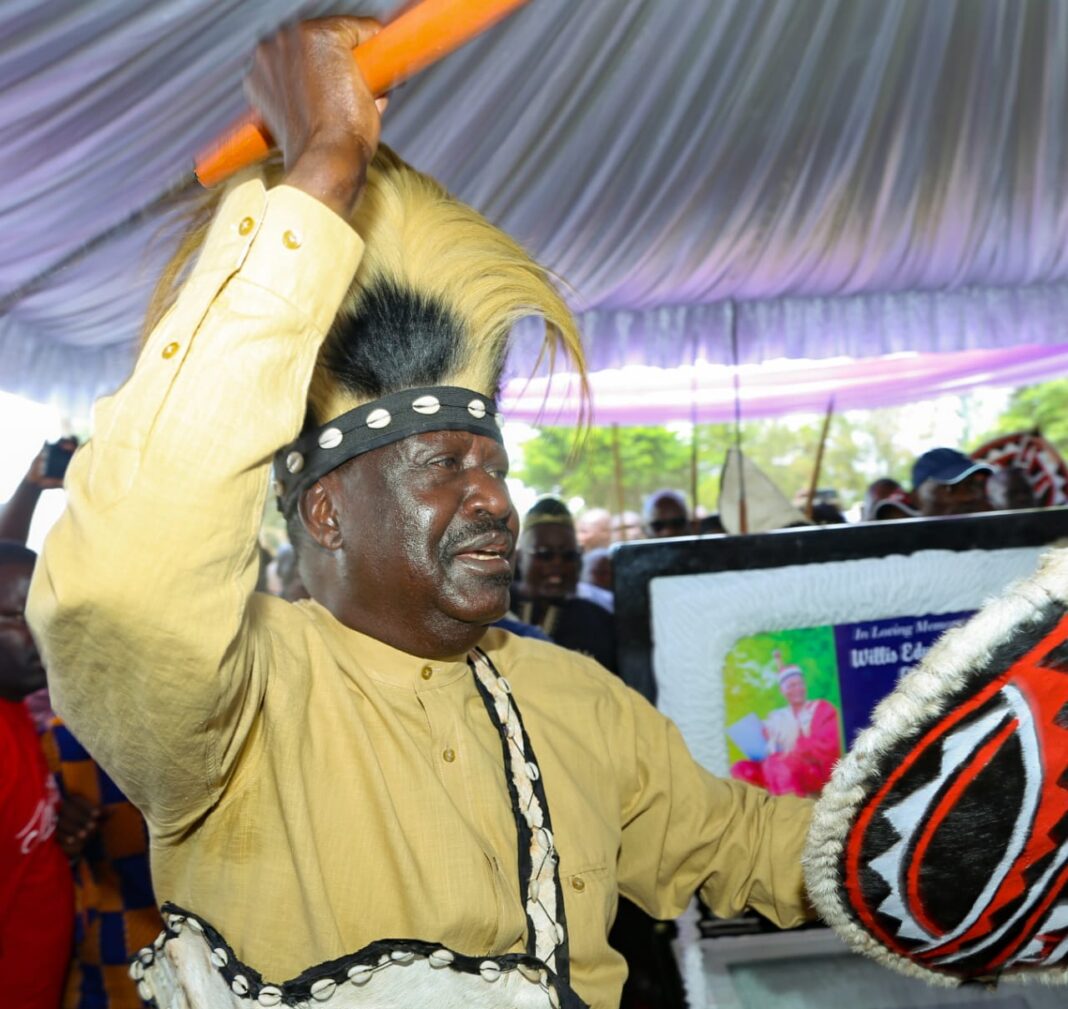A Dawn Discovery That Rocked Colonial Kenya
The body lay crumpled in the footwell of a hired Buick, blood seeping from a bullet wound near the left ear.
Dawn was breaking over the crossroads between Karen and Ngong Roads outside Nairobi when Lord Erroll was found shot dead in his Buick at a crossroads on the Nairobi-Ngong road on 24 January 1941.
The victim was Josslyn Victor Hay, 22nd Earl of Erroll, Hereditary Lord High Constable of Scotland—but in Kenya, he was known by a far more scandalous reputation.
Lord Erroll was colonial Kenya’s most notorious playboy, a man whose sexual conquests had become the stuff of legend and whose death would expose the decadent underbelly of British colonial society in East Africa.
The Happy Valley libertines
In the highlands of Kenya, far from the watchful eyes of British society, a group of aristocratic expatriates had created their own hedonistic paradise.
Known as the Happy Valley Set, these wealthy white settlers had embraced a lifestyle of extraordinary excess—one fueled by alcohol, opium, and an almost complete abandonment of conventional morality.
At the time of his murder, the twice-married Lord Erroll was reportedly having affairs with twelve different women simultaneously, including the wives of his closest friends.
His appetite for conquest seemed insatiable, particularly after the tragic death of his first wife, Lady Molly, from an overdose of heroin and alcohol—a death that seemed to liberate whatever restraints had previously governed his behavior.
The Happy Valley Set operated by their own rules. Wife-swapping was commonplace, drug use was recreational, and sexual experimentation knew few boundaries.
It was a world where traditional Victorian values had been cast aside in favor of a philosophy that seemed to embrace every form of excess the human imagination could conceive.
Enter Diana and the fatal triangle

Into this world of moral chaos stepped Sir Henry “Jock” Delves Broughton, a fifty-six-year-old baronet who had recently divorced his wife Lady Vera to marry the stunning twenty-six-year-old Diana Caldwell.
The couple had emigrated to Kenya in 1940, on the eve of World War II, seeking perhaps a new beginning in the colonial highlands.
But Jock had made a crucial error—one that would prove fatal to more than just his marriage.
Before their wedding, he had signed an agreement Diana had presented to him, blinded by her beauty and desperate to secure her hand.
The document stated that if Diana ever fell in love with another man, Jock would not only release her from their marriage but would also provide her with a financial settlement.
It was a contract that would soon come back to haunt him.
Diana’s fall from grace—or ascent to it, depending on one’s perspective—was swift. Delves Broughton learned of the affair between his wife and Lord Erroll, the colony’s most infamous seducer. What followed was a peculiar dance of civilized betrayal that could only have occurred in the rarified atmosphere of Happy Valley society.
The gentleman’s agreement to murder
The engagement between Lord Erroll and Diana took place at the prestigious Muthaiga Club, Nairobi’s most exclusive social venue.
In a scene that epitomized the surreal nature of Happy Valley society, Jock Delves Broughton was not only invited to the engagement dinner but was expected to give his blessing to the union between his wife and her lover.
Broughton supposedly gave his blessings to the arrangement, maintaining the facade of civilized acceptance that the social code of their circle demanded.
Yet witnesses later recalled seeing him engaged in a fierce exchange with Lord Erroll during the evening—perhaps the only crack in his gentleman’s composure.
Behind the veneer of aristocratic propriety, however, darker emotions were at work. The prenuptial agreement Diana had so cleverly secured meant that Jock was legally and morally bound to honor her choice, even as it destroyed him emotionally and financially.
The murder that shocked an empire
After spending a night with Lady Broughton, Lord Erroll was found shot dead in his Buick at a crossroads on the Nairobi-Ngong road on 24 January 1941.
The murder sent shockwaves through the British Empire, already reeling from the pressures of World War II.
Here was a scandal that exposed not just individual moral failings but the complete breakdown of the social order that was supposed to represent British civilization in its colonial outposts.
The investigation revealed the sordid details of Happy Valley life to a scandalized public.
Sir Jock was accused of the murder, arrested on 10 March and stood trial from 26 May 1941.
The case became a sensation, not just in Kenya but throughout the British Empire, as newspapers eagerly reported every salacious detail of the aristocratic love triangle.
The trial and its aftermath
Delves Boughton was acquitted after a sensational trial that turned the spotlight on the decadent goings-on in what was known as Happy Valley.
The evidence against him was largely circumstantial, and the case hinged on questions of timing and opportunity that the prosecution could not definitively prove.
Caldwell supported her husband’s story during the trial, maintaining the facade of wifely loyalty even as her affair with the victim had been the motive for the alleged crime.
However, after the trial accused him of being the murderer and abandoned him, suggesting that her support had been merely strategic.
The acquittal did little to restore Jock Delves Broughton’s reputation or peace of mind. He returned to England in December 1942 and was found dying from a morphine overdose in a Liverpool hotel a few days after his arrival.
Whether his death was suicide or accidental overdose remains unclear, but it marked the final tragic chapter in his story.
Diana’s remarkable resilience
While the men in her life met tragic ends, Diana Caldwell displayed a remarkable talent for survival and reinvention. After Jock’s death, she quickly moved on to her next marriage, wedding Gilbert Colvile, a wealthy Kenyan landowner who left her a considerable fortune when they divorced in 1954.
Her capacity for acquiring and discarding wealthy husbands seemed almost supernatural.
In 1959, she entered her fourth marriage to Lord Thomas Cholmondeley Delamere, another wealthy Kenyan white settler, becoming styled as Lady Diana once again.
Perhaps most remarkably, Diana’s personal life continued to challenge conventional boundaries even within the already unconventional Happy Valley society.
While married to Delamere, she maintained a relationship with Lady Patricia Fairweather, and the three lived together in what could only be described as a ménage à trois—a domestic arrangement that scandalized even the jaded residents of Nakuru.
The enduring mystery
Since Josslyn Hay, 22nd Earl of Erroll, was discovered dead in his car with a bullet through his head just outside Nairobi in 1941, speculation has not ceased as to the culprit and motive for his murder.
While Jock Delves Broughton remains the prime suspect in popular imagination, other theories have emerged over the decades.
Erroll’s former lover, Alice de Janzé, was initially viewed by the Happy Valley set as a suspect, though Alice later returned to the Happy Valley in Kenya – depressive, an alcoholic and addicted to morphine.
She committed suicide by shooting herself in 1941.
Some researchers have suggested that the murder may have had political overtones, given Erroll’s suspected Nazi sympathies during a time when Britain was at war with Germany.
Legacy of scandal
The Happy Valley murder became the subject of James Fox’s bestselling 1982 book “White Mischief” and the subsequent 1988 film starring Charles Dance, Greta Scacchi, and Joss Ackland.
The Happy Valley Murder sent shockwaves through an Empire at war and has continued to fascinate generations of readers and viewers drawn to its combination of aristocratic privilege, sexual excess, and violent crime.
The case stands as perhaps the most vivid illustration of how the moral constraints of metropolitan Britain dissolved in the colonial setting, where wealth, privilege, and distance from authority created a world where almost anything seemed possible—including murder.
In the end, the death of Lord Erroll marked not just the end of one man’s life of excess, but the beginning of the end for the Happy Valley Set itself.
The scandal exposed their lifestyle to unprecedented scrutiny and moral judgment, hastening the decline of a community that had thrived on secrecy and moral ambiguity.
The murder remains officially unsolved, a fact that has only added to its enduring fascination.
In a case where everyone had motive—jealous husbands, discarded lovers, political enemies—the truth may have died with its participants, leaving behind only the scandalous legend of Kenya’s most notorious crime of passion.

